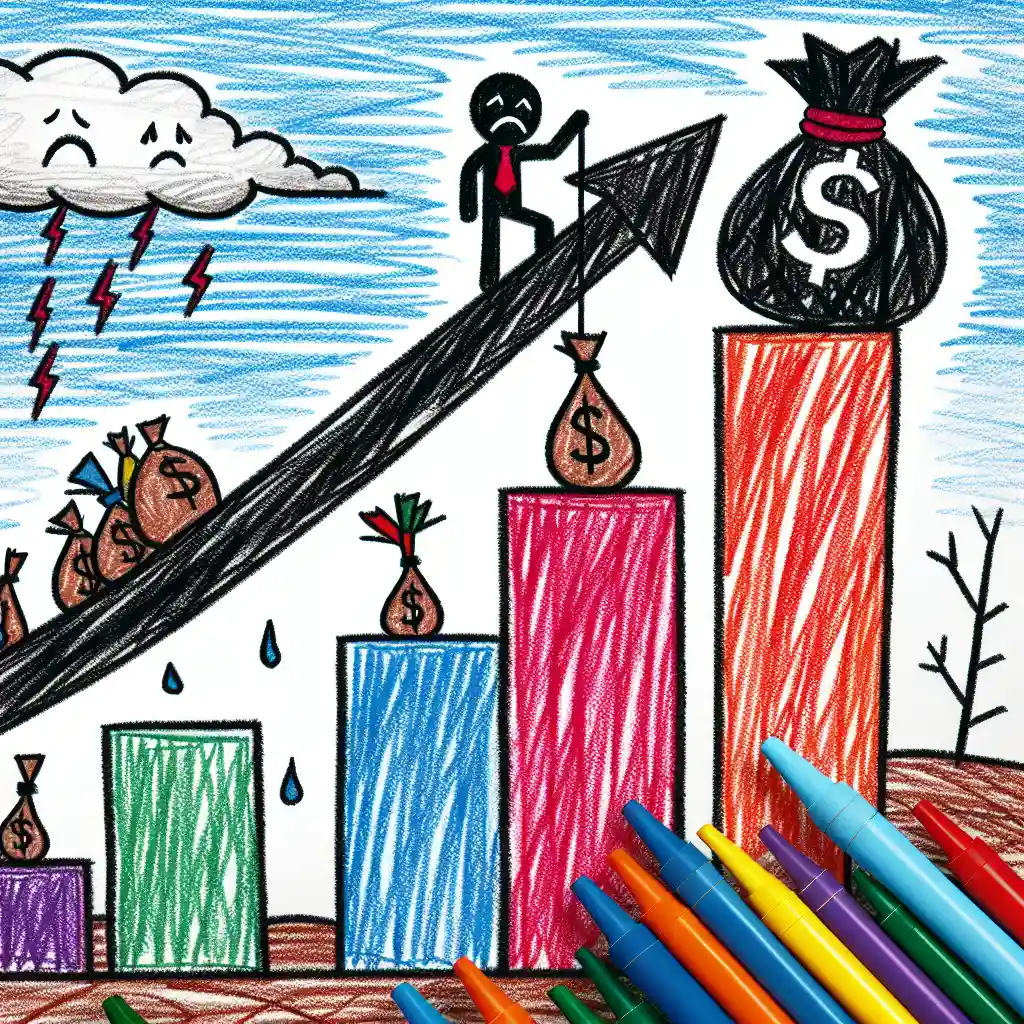UK growth slows as economy feels effect of higher business costs

Explain Like I'm 5
Imagine you have a lemonade stand. Normally, you buy lemons and sugar for $5 and sell lemonade to make $10. But one day, the price of lemons and sugar goes up to $8. Now, even if you still make $10, you don’t keep as much money as before because you're spending more to make your lemonade. If this happens to lots of lemonade stands, everyone would start making less money from their lemonade sales. This is kind of like what's happening in the UK right now. The cost of things businesses need to make their products has gone up, so they're not making as much money. This means the whole UK is earning less money from the stuff they make and sell, which slows down their economy.
Explain Like I'm 10
The UK’s economy is like a big machine that needs lots of parts to work properly. These parts are the businesses that make and sell all sorts of things. Now, imagine if the cost of the oil that keeps the machine running suddenly goes up. The machine doesn't run as smoothly because it costs more to keep it going. This is similar to what's happening in the UK. Businesses are facing higher costs because of things like tariffs, which are like extra fees added on products they buy from other countries, thanks to decisions by leaders like US President Donald Trump. When these businesses have to spend more money on these fees, they can’t make or sell as much as before. This makes the whole economy slow down because there’s less being made and sold.
Explain Like I'm 15
The UK economy is currently experiencing a slowdown, primarily because of increased business costs, which have been influenced by international trade policies, notably those involving tariffs imposed by the US under President Donald Trump. Tariffs are taxes that countries impose on imported goods, and they can lead to higher costs for businesses that rely on these goods to produce their products. When these businesses face higher costs, they might cut back on production or increase prices to maintain their profits, which can reduce consumer spending and business investment.
This slowdown is not occurring in a vacuum. It's part of a larger, global shift in trade relationships and economic strategies. The higher business costs feed into a cycle of reduced production capacity and lower consumer spending, which in turn slows down economic growth. This situation affects not just business owners and workers but also the average consumer, as prices can increase for goods and services across the board. The broader implications could be quite significant, affecting employment rates, investment in new projects, and overall economic stability. Looking ahead, the response from policymakers, both domestically and internationally, will be crucial in determining how quickly and effectively the UK can navigate these challenging economic waters.
Want to read the original story?
View Original Source